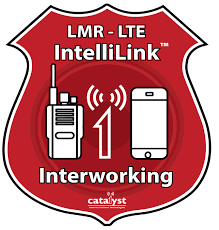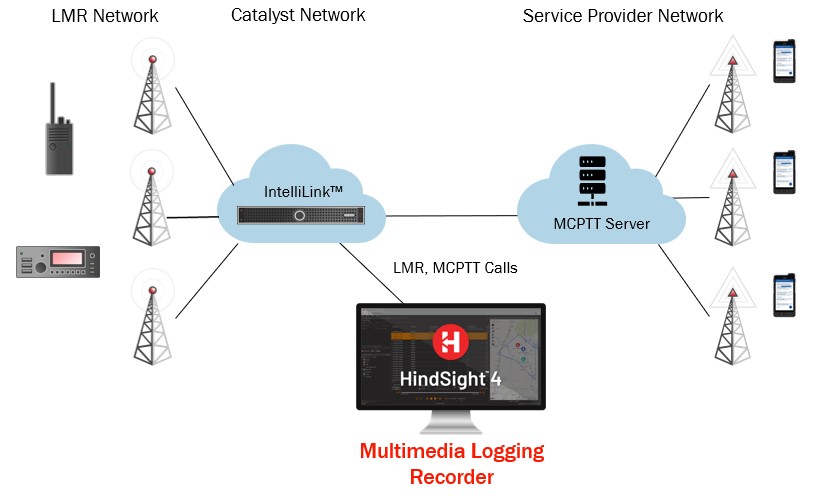 Compared to traditional LMR public safety networks, LTE networks offer increased data capacity and emerging mobile applications that take advantage of smartphone capabilities. This new technology allows agencies to share information more quickly, cost-effectively, and to scale operations as needed.
Compared to traditional LMR public safety networks, LTE networks offer increased data capacity and emerging mobile applications that take advantage of smartphone capabilities. This new technology allows agencies to share information more quickly, cost-effectively, and to scale operations as needed.
 While the realized benefits are exciting, integrating MCPTT communications into the existing public safety requirements are a challenge; these communications don’t get recorded like traditional phone lines and radio talkgroups. MCPTT communications that get bridged into the LMR network can be recorded by the recorder covering that system, but this doesn’t happen in all cases. This makes examinations of incidents after-the-fact nearly impossible and opens agencies to unnecessary risk with gaps in their recording coverage.
While the realized benefits are exciting, integrating MCPTT communications into the existing public safety requirements are a challenge; these communications don’t get recorded like traditional phone lines and radio talkgroups. MCPTT communications that get bridged into the LMR network can be recorded by the recorder covering that system, but this doesn’t happen in all cases. This makes examinations of incidents after-the-fact nearly impossible and opens agencies to unnecessary risk with gaps in their recording coverage.
To combat this issue, Exacom and Catalyst Communication Technologies have collaborated on a joint solution. Catalysts’ IntelliLink Interworking gateway allows LMR networks and MCPTT LTE servers to communicate with each other. Through that gateway, Exacom records MCPTT communications and creates a single source of record for all disparate systems and devices being used.
“As public safety broadband and MCPTX continue to gain momentum, it’s vital that agencies mitigate risk by ensuring these new communication methods are covered under their recording platform. Our partnership with Catalyst allows our mutual customers to bring their communications together not just in real-time but also post-event for incident creation.”
– Al Brisard, President & CEO of Exacom









